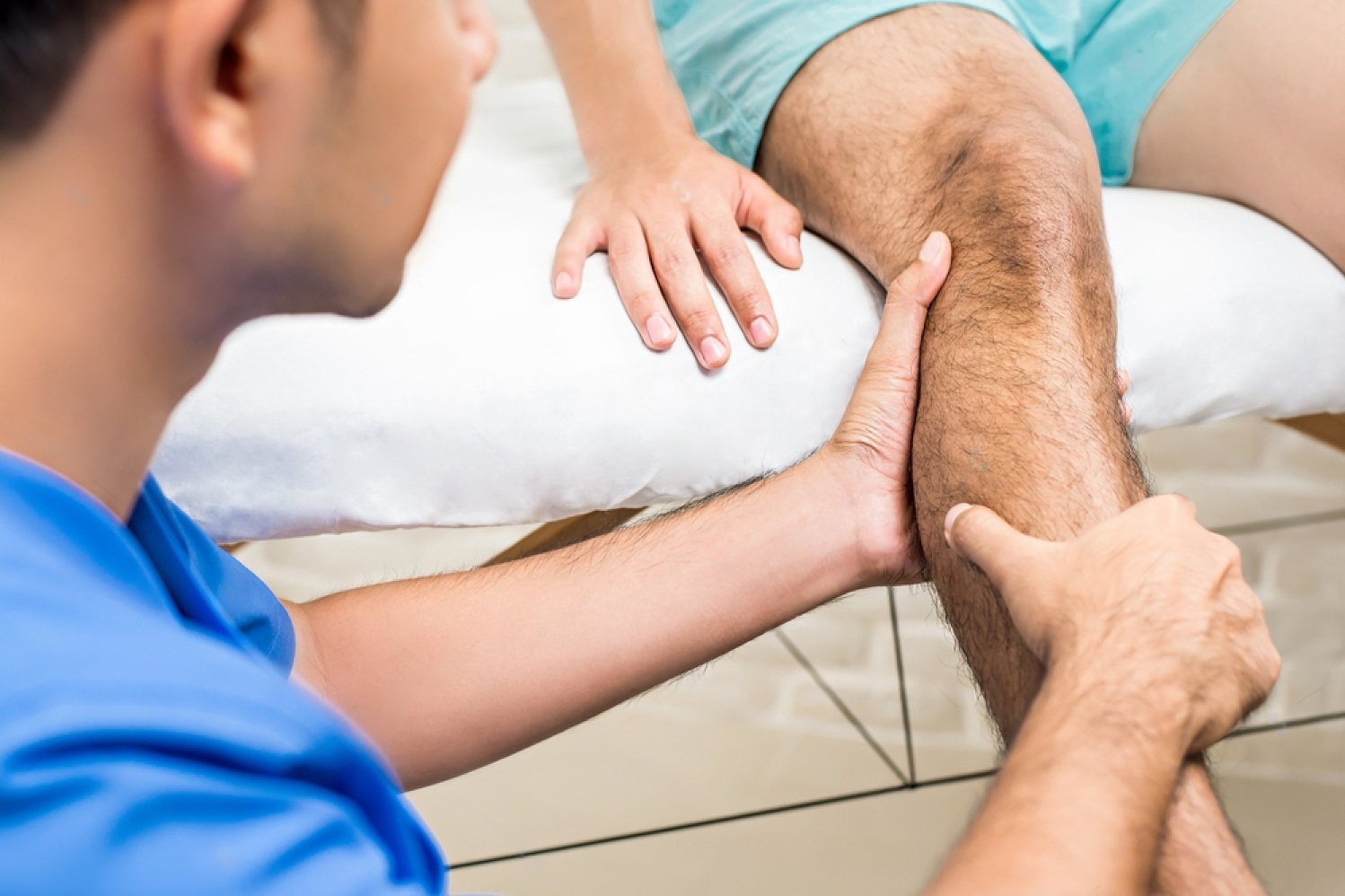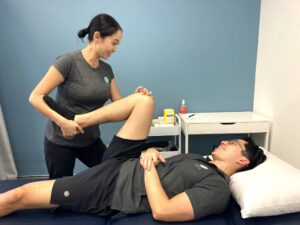Knee pain is a common ailment that affects people of all ages and lifestyles. Whether it’s due to an injury, arthritis, or overuse, knee pain can significantly impact daily activities and quality of life. Seeking professional help, particularly through physiotherapy, is crucial for effective management and relief of knee pain.
Understanding Knee Pain
Knee pain can stem from various sources, including injury, arthritis, or overuse. It’s often accompanied by symptoms such as swelling, stiffness, and limited range of motion. These symptoms can make simple tasks like walking or climbing stairs challenging and can have a profound impact on daily life.
Introduction to Physiotherapy
Physiotherapy, also known as physical therapy, is a non-invasive treatment approach that focuses on improving mobility, strength, and function. It plays a crucial role in managing knee pain by addressing underlying issues, reducing pain, and enhancing overall quality of life. Physiotherapists use a variety of techniques tailored to each individual’s needs to promote healing and recovery.
Physiotherapy Techniques for Knee Pain
Physiotherapy for knee pain encompasses a range of techniques aimed at alleviating pain and improving function. This includes:
- Range of motion exercises: These exercises help improve flexibility and restore normal joint movement.
- Strengthening exercises: Targeting muscles around the knee to improve stability and support.
- Proprioceptive exercises: Enhancing balance and coordination to prevent falls and further injury.
- Manual therapy techniques: Such as massage and mobilization to reduce muscle tension and improve joint mobility.
- Electrical modalities: Including TENS (transcutaneous electrical nerve stimulation) and ultrasound therapy to manage pain and promote healing.
Customized Treatment Plans
Effective physiotherapy for knee pain involves creating personalized treatment plans tailored to each individual’s needs. Physiotherapists conduct thorough assessments to identify the root cause of knee pain and develop a comprehensive plan that may include a combination of exercises, manual therapy, and modalities.
Lifestyle Changes and Home Exercises
In addition to in-clinic treatments, physiotherapists provide guidance on lifestyle modifications and home exercises to support ongoing care and management of knee pain. This may include ergonomic tips to reduce strain on the knee during daily activities and prescribed exercises to maintain strength and flexibility.
Recovery and Long-Term Management
While the timeline for recovery from knee pain varies depending on the severity and underlying cause, physiotherapy plays a vital role in facilitating recovery and preventing future injuries. Long-term management may involve regular physiotherapy sessions, continued home exercises, and lifestyle modifications to maintain knee health and prevent recurrence of pain.
Takeaway
Physiotherapy is an essential component of comprehensive knee pain management. By addressing underlying issues, reducing pain, and improving function, physiotherapy helps individuals regain mobility, strength, and overall quality of life. If you’re experiencing knee pain, don’t hesitate to seek professional help from a physiotherapist to develop a personalized treatment plan tailored to your needs.
The effectiveness of physiotherapy for knee pain Singapore underscores its importance as a holistic solution for enhancing mobility and well-being.




